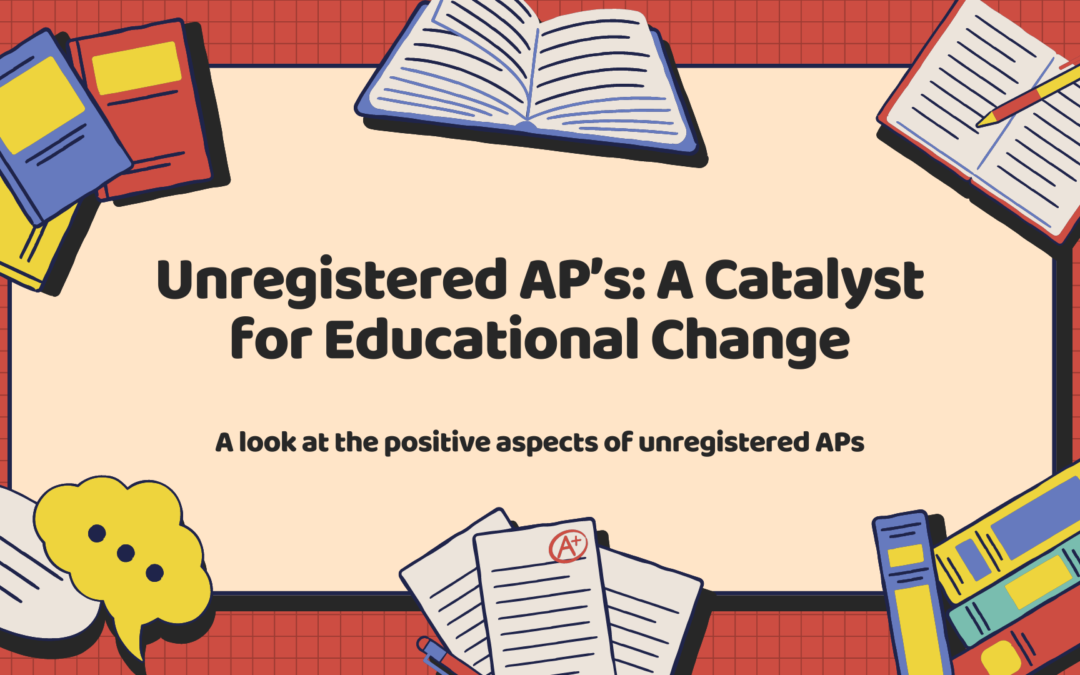By Owen Kaura
When it comes to alternative education, unregistered alternative provisions (APs) often get a bad rap. While concerns about regulation and oversight are valid, there’s another side to the story that’s worth exploring. Here’s a look at the positive aspects of unregistered APs and why they might just be the hidden gems of the UK education system.
Tailored Learning Experiences
One of the standout benefits of unregistered APs is their ability to offer personalised education. Unlike mainstream schools, these settings can tailor their teaching methods and curriculum to meet the unique needs of each student. This flexibility allows for a more customised approach that can be particularly beneficial for learners who struggle with traditional schooling methods.
Smaller Class Sizes
Many unregistered APs operate with smaller class sizes, which can lead to more individualised attention and support. In a smaller, more focused environment, students often receive better mentorship and have more opportunities to engage in one-on-one interactions with their educators.
Innovative Teaching Methods
Alternative Provisions working outside of the Ofsted framework often experiment with innovative teaching methods that may not be feasible in larger, registered schools. This can include hands-on learning, project-based education, and the use of creative tools and resources that might not be available in more traditional settings. For students who thrive in non-traditional learning environments, this can be a game-changer.
Support for Diverse Needs
These alternative provisions frequently cater to learners with a range of needs, from those who face challenges in mainstream settings to those seeking a different kind of educational experience. By focusing on the individual needs of students, unregistered APs can offer supportive environments that might better address issues such as behavioural difficulties, learning disabilities, or other personal challenges.
Encouraging Independence and Self-Directed Learning
Unregistered APs often foster an environment where learners are encouraged to take ownership of their learning. This approach can help build essential life skills such as self-discipline, time management, and independent problem-solving, which are valuable beyond the classroom.
Community and Connection
Many unregistered APs create a strong sense of community among students and staff. The smaller, often more tight-knit environment can foster close relationships, support networks, and a sense of belonging that can be particularly empowering for students who have struggled in larger, more impersonal school settings.
In conclusion, while unregistered APs are not without their challenges, they offer unique advantages that can make a significant difference for certain learners. Their personalised approach, innovative teaching, and supportive environments highlight why they are worth appreciating and supporting in the broader educational landscape.


Great article with correct information unregistered APs are a game changer in children’s education.